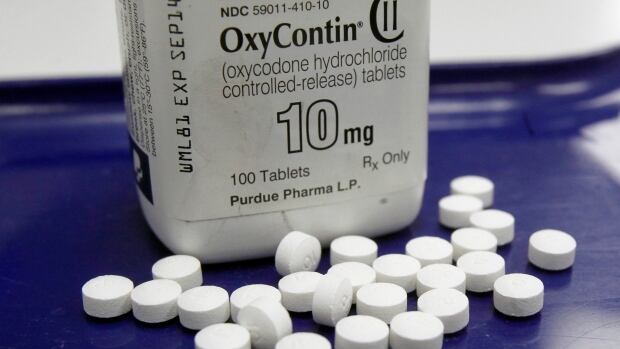The Quicksilver of Child Hand-to-Mouth
"It wouldn't be at all surprising for a two- or three-year-old to find a tablet and put it into his or her mouth."
"And it's important to understand that a single tablet could kill a small child. These are very dangerous drugs at the high end of the dose range."
"We don't know why the younger kids, under one, might have been exposed. It could have been an accident, it could have been a sibling. I suppose there's the possibility it could have been malicious. We simply couldn't say."
"It's incumbent upon parents and grandparents to keep their pills well out of reach -- ideally under lock and key, but certainly inaccessible -- and simply having a child-resistant cap isn't adequate."
Dr. David Juurlink, senior scientist, Institute for Clinical Evaluative Sciences, Toronto
"[Overprescribing of drugs and the growth of illicit drug use in Canada leads researchers to feel] there's some evidence that these numbers of cases are creeping up now with more accessibility of those medications in the house."
Dr. Yaron Finkelstein, emergency medicine specialist, Hospital for Sick Children, Toronto
 |
Sick Kids'
|
Drs. Juurlink and Finkelstein co-authored a new study on the rising incidents of young children being rushed to hospital because of inadvertent ingestion of prescription drugs. The study was published this week in the journal Pediatrics. 2002 to 2015 health records were used to identify 103 children age ten or under treated in a hospital in Ontario for exposure to a drug meant for an adult. These were children whose mothers were in receipt of prescriptions for an opioid, which was publicly funded.
It might not, under the circumstances, be too far a theoretical stretch in imagining that these are children growing up in underprivileged circumstances, where welfare services include providing pharmaceuticals to their families. It's also fair to say that in these circumstances children's needs may be somewhat neglected in some of these households, perhaps due to lack of awareness of the consequences that would ensue should young children be exposed to the harm posed by opioids.
It is precisely those infants and children whose mothers use opioids by prescription that are recognized as being at increased risk of hospitalization resulting from an overdose of pain medications. A control group of children who had not suffered incidents of opioid overdose, whose mothers had been prescribed an anti-inflammatory pain killer, matched each case of overdose for risk comparison.
And so it was made clear that children in families where the mother was prescribed an opioid were exposed to over twice the risk of being involved in an overdose incident compared to those children whose mothers were using anti-inflammatory pills. Codeine, oxycodone and methadone represented the commonly recognized cause of such drug overdoses, where over half the children given remedial treatment were under two years of age.
Nine of those children were babies under a year, while thirty-nine of the children were admitted to hospital, thirteen to critical care units. None of the 103 in the study died, resulting from their overdose incidents. Which is not to say that no children have died as a result of ingesting drugs. During the study period over 700 cases of opioid overdoses had been identified, with the researchers able to link only 103 of them through Ontario's drug benefit plan to maternal prescriptions.
Within the larger group, some of the children affected did die, but for privacy reasons, figures were not available.
It's difficult to credit that those in charge of the care of vulnerable children are not aware of the need to ensure that children not be exposed to medications whose ingestion could be lethal to them. Presumably, some of that larger number of 700 could not be traced for the simple reason that the adults had accessed illegal drugs on the street. Which hardly makes it excusable that the adults would not be fully aware of their guardianship obligations to the children in their midst.

Codeine, oxycodone and methadone were the most common
cause of the drug overdoses in young children, according to the new
study. (Toby Talbot/Associated Press)
Labels: Child Welfare, Drugs, Hospitals, Medication, Ontario

0 Comments:
Post a Comment
<< Home